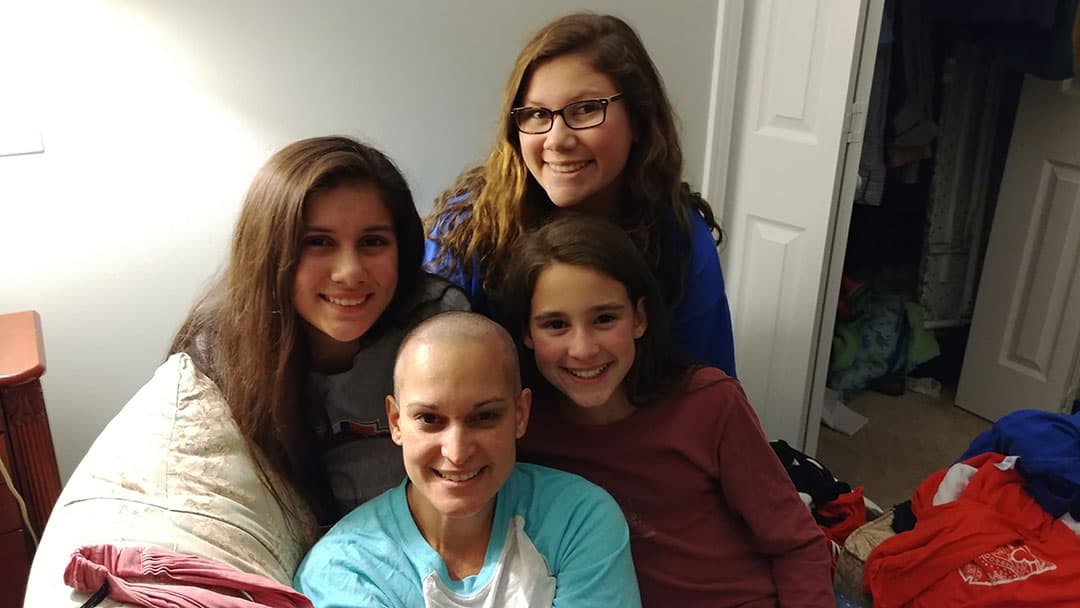When Marielle McLeod started losing weight and having stomach issues at the age of 36, her doctors were reluctant to say it was anything more than Irritable Bowel Syndrome. But the Charleston resident insisted on more tests and asked for second opinions as her symptoms got worse.
After more tests were taken, she was diagnosed with late stage colorectal cancer.
“If you talk to a lot of young onset patients, they went to multiple doctors before they were taken seriously. And by the time they were diagnosed, they were a stage three or four,” said McLeod.
Doctors around the country are noticing an alarming trend in colorectal cancer.
According to Dr. Ronit Yarden, director of medical Affairs for the Colorectal Cancer Alliance in Washington, D.C., the disease is on the rise in patients under 50. Colorectal cancer has long been thought of as a cancer that is most likely to affect people 50 and older.
Dr. Yarden said McLeod’s case shouldn’t be that much of a surprise to doctors because studies show a steady rise in young onset cases over the last 20 years.
According to Yarden, the risk of colon cancer for people born in the ’90s has doubled, and the risk of rectal cancer has more than quadrupled. All of this, while incident rates are decreasing for patients over 50.
“It’s still a minority of all colorectal cancer patients, but it’s about 10 percent already diagnosed before the age of 50,” said Yarden. “It’s becoming a real public health issue.”
According to the American Cancer Society, colorectal cancer is the fourth most common form of cancer in the United States and is second only to lung cancer in number of cancer deaths.
Yarden said a lot of the symptoms of colorectal cancer are vague, so people have symptoms they don’t know can indicate that anything is wrong. One symptom can be as simple as passing gas. So, a lot of the time people will just pass it off as a bad meal or lack of exercise. And by the time they go to the doctor, it could be overlooked, especially if they are under 50.
A Colorectal Cancer Alliance survey of about 1,200 young onset patients found that many of them had to see at least three doctors before they could be properly diagnosed. The patients who only went to one doctor said they had to go back to the same doctor multiple times before they were taken seriously.
The survey also found that patients who only saw one doctor often were diagnosed in the emergency room because of a dramatic flare up of symptoms.
McLeod experienced this first hand. She had to push for her doctor to even order a colonoscopy.
“Be an advocate for yourself. Don’t take ‘no’ for an answer,’” McLeod said. “Keep being persistent because you never know.”
After 14 rounds of chemotherapy over 10 months, surgery to remove nearly three feet of her colon and the loss of her job in the process, McLeod says she is proud to work as a patient and family navigator for the Colorectal Cancer Alliance.
She said she will use her position with the Colorectal Cancer Alliance to advocate for young onset patients, so everyone is aware of the risk of colorectal cancer in people under the age of 50.
“I think it made me stronger, overall […] Hopefully I will do the best I can with the new me… to help other people,” she said.








